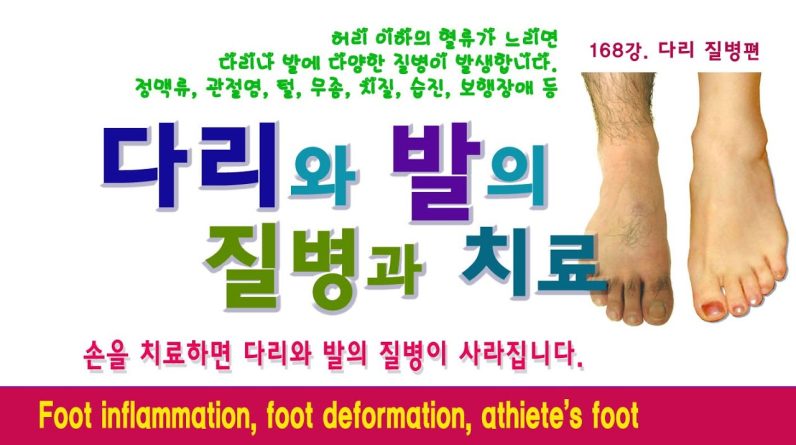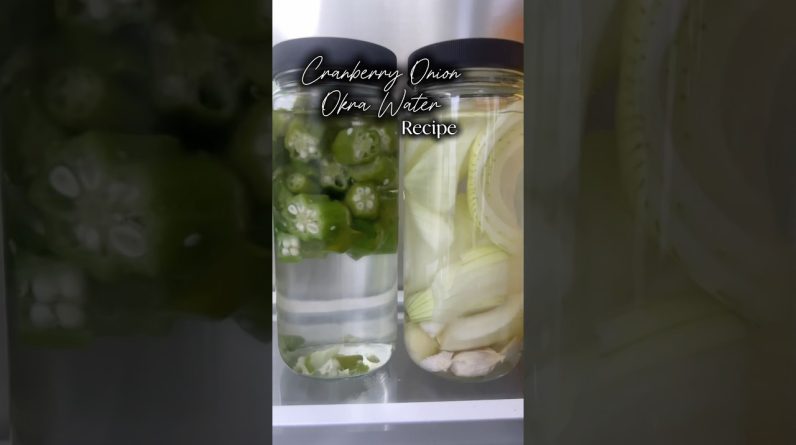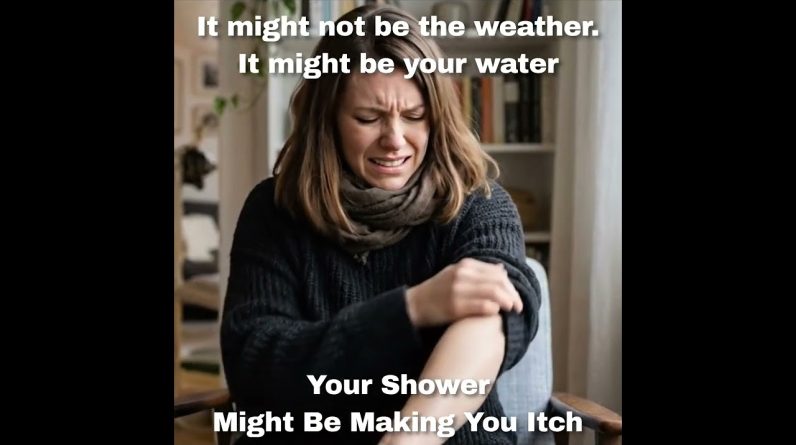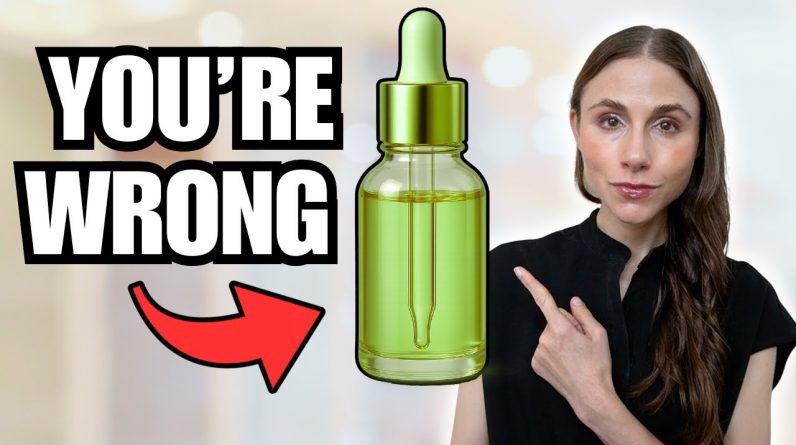how to treat vaginal pimples and what are couse ,prevention and symptoms for vagina pimples at home
Few areas of the body are as sensitive as the female genital area. Vaginal pimples aren’t usually a serious condition. But they can be a source of great discomfort.
Watch on to learn about some of the things that can cause pimples in or around the vagina. There are also tips on how to treat and prevent them.
What causes vaginal pimples to form?
The cause isn’t always obvious, but there are a few reasons you may have pimples around your genitals. Some of them are:
Contact dermatitis
Vaginal pimples are likely caused by contact dermatitis. This is a reaction to something that touches the skin. Contact dermatitis of the genitals may be caused by sensitivity to:
bubble baths and soaps, especially if they contain fragrances
feminine wipes, deodorants, lotions, powders, or perfumes
tampons or sanitary pads
douches
spermicides, condoms, lubricants, or sexual arousal stimulants
over-the-counter topical medications
laundry detergent and dryer sheets
Your skin could also become irritated due to:
perspiration
vaginal discharge
urine
semen
Any irritation of the skin can result in formation of pimples.
Folliculitis
Pimples in the genital area may be a result of infection of the hair follicle due to bacteria. Shaving your pubic hair is one potential cause of folliculitis. As your hair starts growing out of the follicle, it curls back toward the skin, causing irritation. In some cases, the hair grows back into the skin (ingrown hair).
The roughness of a razor on sensitive skin can also cause the following:
razor burn
bumps
blisters
pimples
Hidradenitis suppurativa (HS)
Hidradenitis suppurativa (HS), also called acne inversa, is a chronic disease of the sweat glands. It causes pimple-like lesions around the body, including the vulvar area.
The cause of this rare inflammatory disease isn’t clear. There are treatments, but no cure.
Molluscum contagiosum
Molluscum contagiosum is a viral infection that can cause pimples anywhere on the body, including the genitals. Treatment isn’t always needed, but it can be treated with topical or oral medication. If necessary, your doctor can also remove the pimples.
Is it safe to pop a vaginal pimple?
It’s best not to try to pop a vaginal pimple. For one thing, it can spread bacteria and lead to infection. For another, this sensitive area can be easily irritated. And you’re likely to end up making things much worse.
The pimple can become a boil if it fills with pus and continues to grow bigger for several days. As it grows, it can become painful.
You should never try to burst or pick at a boil near your genitals. It’s likely to rupture on its own. Instead see your doctor, who can lance the boil in a way that will prevent infection.
How are vaginal pimples typically treated?
Pimples caused by minor irritation may clear up on their own. If they don’t, or if they’re getting worse, see your doctor.
Topical medications can treat vaginal pimples caused by contact dermatitis. And antihistamines can treat severe allergies.
If you have contact dermatitis, you’ll need to determine the cause. This is so you can avoid that substance in the future. To do this, you’ll need to stop using all products that touch your genitals. Then, reintroduce them one by one to find out which one is causing the problem.
Pimples caused by ingrown hairs usually clear up on their own. Early diagnosis and treatment for HS can keep it from getting worse. And treatment isn’t always needed for molluscum contagiosum. If it doesn’t clear up on its own, your doctor can prescribe a topical or oral medication.
If you’re not sure what’s causing your pimples, hold off on using over-the-counter medications and see your doctor.
What else could this bump be?
Some things may appear to be pimples, but are actually cysts, warts, or other growths. Some of these are:
Bartholin’s cysts usually occur near one side of the vaginal opening. If cysts don’t clear up within a few days, or become painful, see your doctor. Large cysts can be drained.
Genital herpes lesions can look like pimples. They appear around the vagina, vulva, and anus. Genital herpes can be treated.
Genital warts can be mistaken for pimples. You can have a single wart or a cluster of warts. They’re caused by the human papillomavirus (HPV), a common sexually transmitted infection (STI) that can be treated.
Skin tags can look like pimples, but they’re just small flaps of tissue that pose no health threat. Skin tags in the genital area can become irritating, though. A doctor can remove them for you.
Outlook
In most cases, pimples will clear up on their own or with treatment within a few weeks. Your outlook depends on the cause and the potential treatments. Your doctor will be able to tell you what you can expect.
You may need to make some adjustments to your personal hygiene routine to prevent recurrence thanks for watching like share and subscribe
source







